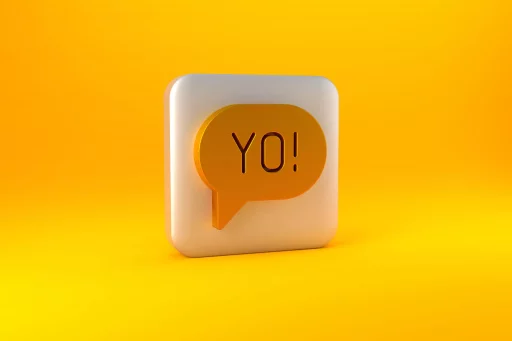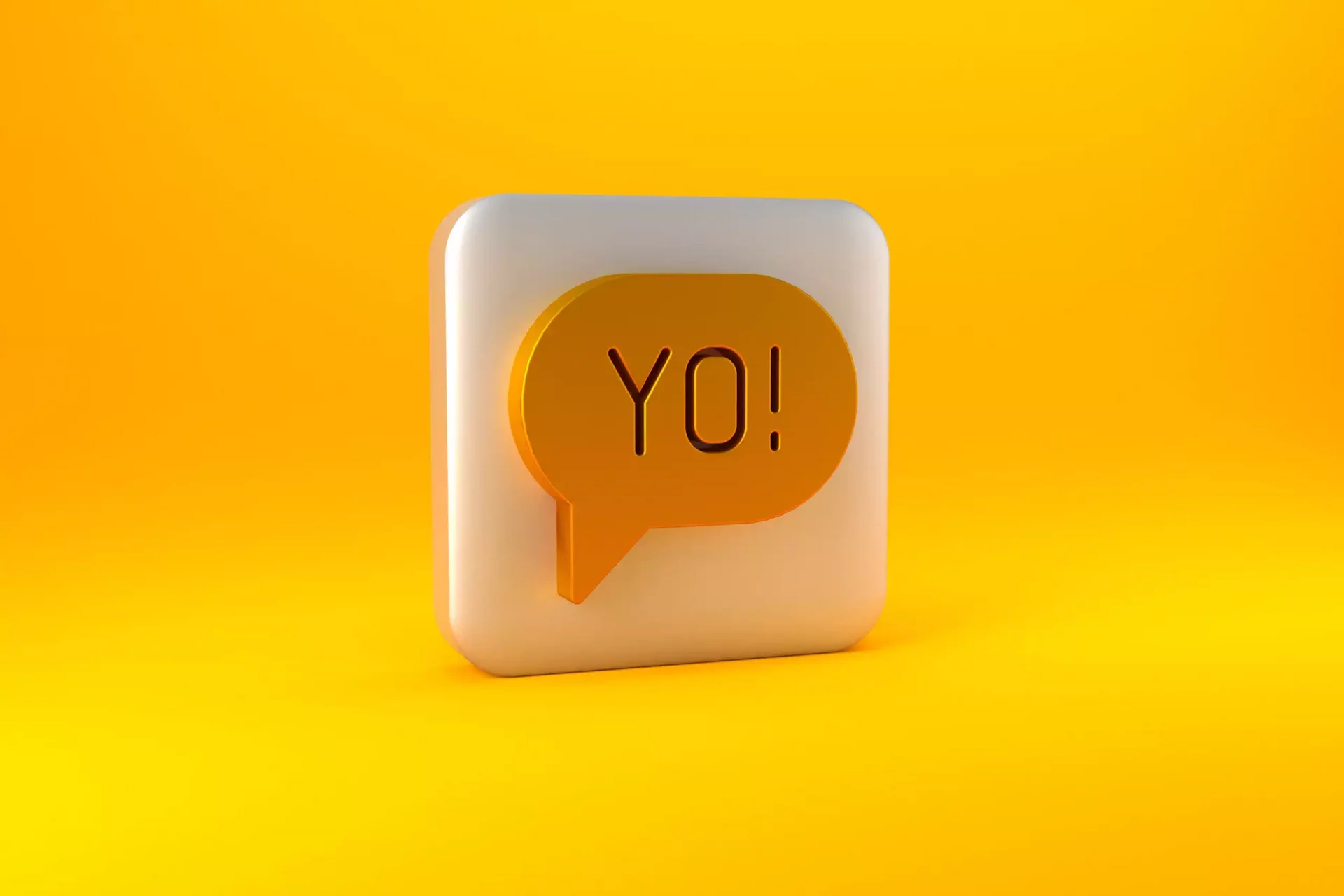Introduction to Kiki Slang
Kiki is a term that has emerged within various communities and subcultures, particularly among LGBT individuals, to denote a playful, informal gathering or a light-hearted conversation between friends. While the term has evolved over time, its roots are deeply embedded in the language and cultural expressions of the queer community. To understand kiki better, it’s essential to explore its origins, usage, and evolving meaning.
Historical Background
The term “kiki” is believed to have originated from the drag ball culture of the LGBTQ+ community during the 1980s and 1990s. It gained popularity through the documentary “Paris is Burning,” which showcased the lives and aspirations of several individuals within this community. Although it was originally a private term used among friends, it has since broadened its reach and is now recognized in mainstream culture.
Meaning of Kiki
At its core, a kiki represents a space where individuals can come together to share stories, engage in gossip, and be themselves without fear of judgment. Here are some specific aspects of what kiki entails:
- Social Gathering: A typical kiki may involve friends gathering at someone’s house, or it could occur at a bar or club where people come to unwind after a long week.
- Casual Atmosphere: Kikis tend to be informal and relaxed, encouraging attendees to drop their guards and share information freely.
- Expressive Language: The language used during a kiki can be vibrant, colorful, and often laced with humor, reflecting the creativity inherent in the drag culture.
- Support and Community: Kikis also serve as safe spaces for LGBTQ+ individuals to support one another, celebrate their identities, and engage in fun activities, such as makeup sessions or dance-offs.
Example Scenarios of Kiki Gatherings
To further illustrate the concept of kiki, consider the following example scenarios:
- Friends Catching Up: A group of friends might gather in one of their apartments for a kiki night where they share their week’s ups and downs while enjoying snacks and drinks.
- Brunch Kiki: Kikis often occur over brunch as friends discuss their latest gossip about dating or fashion while sipping mimosas.
- Online Kiki: With social media playing a significant role in communication, virtual kikis have become popular. Friends gather via video conferences to catch up, share memes, and engage in discussions about current events.
Case Studies: Kiki in Contemporary Culture
To understand the significance of kiki in contemporary culture, it’s vital to look at its presence in various media and events. Here are some illustrative case studies:
Kiki in Music and Media
The term kiki has made its way into songs and popular media. For instance, the phrase “Let’s have a kiki” was popularized by the Scissor Sisters in their song of the same name. In their lyrics, the band invites everyone to join in on the fun of kiki, reflecting its communal aspect.
Kiki Events at Pride Celebrations
During Pride month, many cities host “Kiki events,” where people come together to celebrate their identities while engaging in similar activities characterized by kiki culture. These events serve as platforms for storytelling, showcasing talent, and bringing together a supportive community.
Statistical Insight: The Spread of Kiki
The growing use of kiki can be observed in the popularity of hashtags on social media platforms. According to a study by the Human Rights Campaign, over 70% of LGBTQ+ individuals today express their identities online. A search for the hashtag #Kiki on platforms like Instagram and TikTok yields thousands of posts, indicating not just a sense of community but also the vibrancy of its culture.
Conclusion: Kiki as a Cultural Phenomenon
The evolution of kiki from an underground slang term to a widely recognized social phenomenon highlights the importance of community, friendship, and shared experiences. By participating in kikis, individuals foster connections, create memories, and express their identities in playful and accepting environments. Whether it’s a casual chat or a lively gathering, the spirit of kiki is an embodiment of joy and solidarity within the LGBTQ+ community.






